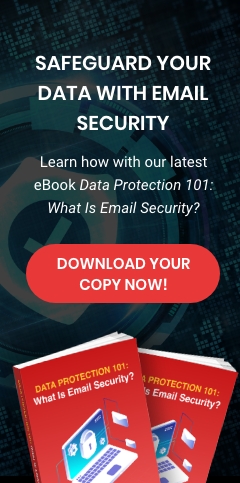Businesses across the United States are constantly under attack from cybercriminals. One of the most common entry points for these criminals is through weak or stolen passwords. That's why it's crucial for businesses to take steps to improve their password security habits.
In this blog article, we will discuss some password security habits that businesses can adopt to help protect their data and systems from unauthorized access.
1. Create strong passwords
In today's digital world, where cyberthreats are constantly evolving, creating strong passwords has become an essential practice for employees. Weak passwords, which are either easily guessable, based on personal information, or both, are like unlocked doors that invite unauthorized access to sensitive data and systems.
Adopting strong password habits is crucial for safeguarding business information, preventing account takeovers, and mitigating financial losses. Strong passwords should be at least 12 characters long, incorporating a combination of upper- and lowercase letters, numbers, and symbols. They should not be based on personal information or reused across multiple accounts.
2. Use different passwords for different accounts
Imagine if a hacker cracks your password for an online shopping site. With that same password, they could potentially access your work email, social media accounts, and even your bank accounts. By using unique passwords for each account, you create individual barriers, making it exponentially more difficult for hackers to gain access to and wreak havoc across your digital life.
3. Never share passwords
Guard your passwords like the keys to your home. Sharing them is like handing out copies to everyone, making it easy for unauthorized individuals to enter your digital space. Password sharing is a common security lapse that can lead to data breaches and identity theft. Keep your passwords confidential to safeguard your personal and professional accounts.
4. Use multifactor authentication
Multifactor authentication (MFA) is like adding a second lock to your digital doors, making it harder for hackers to break in. With MFA, you don't just rely on passwords; you also need to verify your identity with an additional factor, such as a code sent to your phone or a fingerprint scan. It's like having a security guard at your door, checking IDs and confirming identities before letting anyone in. In this way, MFA significantly reduces the risk of unauthorized access, even if your password is compromised.
5. Use a password manager
Password manager apps are like digital vaults, securely storing and managing your passwords. Instead of memorizing and juggling multiple complex passwords, you only need to remember one strong master password for the app.
These apps generate strong, unique passwords for each account, making it difficult for hackers to gain access. They also auto-fill passwords, saving you time and effort.
6. Educate employees about password security
Educating employees on password security is like installing a firewall in their minds, protecting them from cyberthreats. By understanding the importance of strong passwords, avoiding password sharing, and employing multiple authentication methods, employees become more vigilant and less susceptible to phishing scams and data breaches.
7. Change passwords regularly
Changing passwords regularly ensures that your protection remains effective against evolving threats. Just as software updates patch vulnerabilities, regularly changing passwords renders compromised passwords obsolete, reducing the risk of unauthorized access.
By following these password security habits, businesses can protect their data and systems from unauthorized access. It is important to remember that password security is an ongoing process. Businesses need to be constantly vigilant and take steps to improve their password security practices.
In addition to the password security habits discussed in this blog article, businesses should also take other steps to protect their data and systems, such as implementing firewalls and intrusion detection systems. Contact us today to learn how we can boost your cybersecurity and create a more secure environment for your employees and customers.



